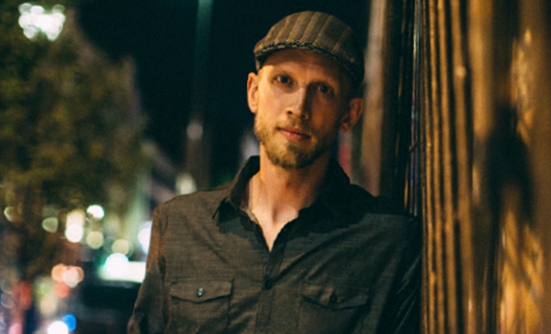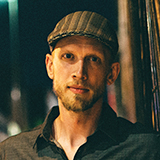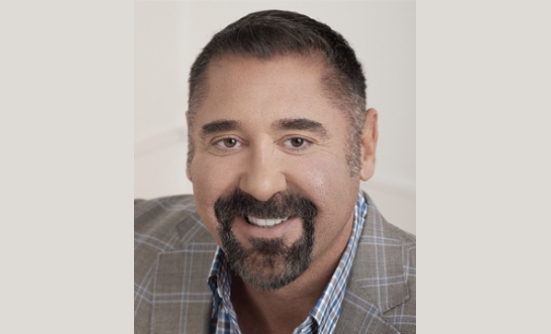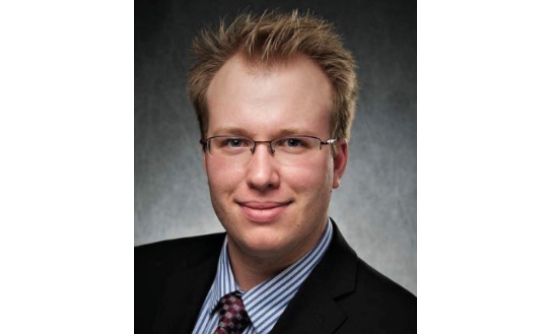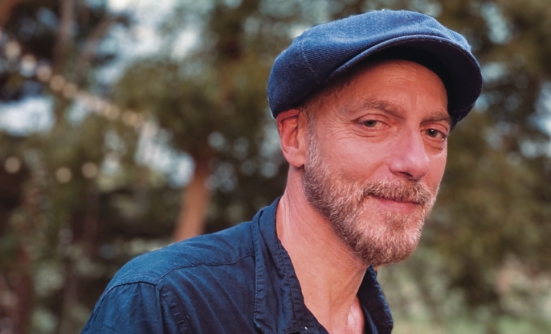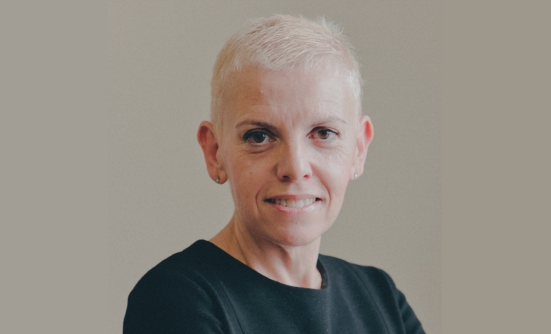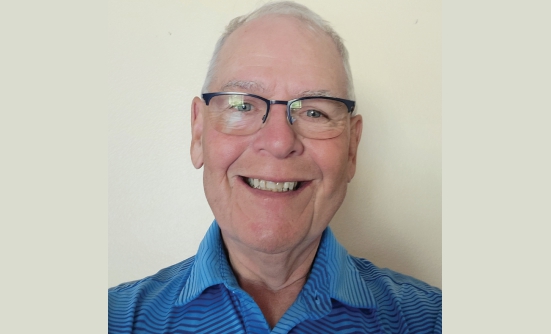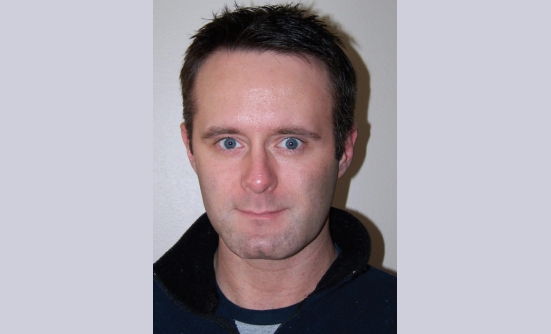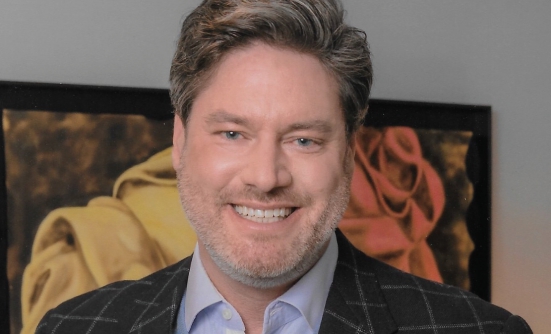“Bury your feelings deep down, Luke,” Obi-Wan Kenobi tells Luke Skywalker in “Star Wars: Episode VI–Return of the Jedi,” in an effort to steel him for the battle ahead with Darth Vader. It may seem an insignificant comment before the climax of the movie, but it makes one wonder—why? Would Luke’s emotions be a distraction? Would they make him weak in the face of a challenge?
Bury Your Feelings?
Like Luke’s faceoff with Darth Vader, a cancer diagnosis presents one of the greatest challenges to a person’s life: the shock of the diagnosis, the tumult of treatment, and the uncertainty of the aftermath. Because of a social and internalized concept of “manhood,” it is common for men to bottle up their emotions and keep them hidden away.
“Whether it is through geography, religion, politics, and family values, to name a few, the men I see are conditioned to close off and not talk about the struggles they face in dealing with cancer,” explained Mary Dunn, MSN, NP-C, OCN, RN, of the urology program at the University of North Carolina School of Medicine, in an interview.
Charlie Razook, a Connecticut resident who is receiving treatment for acute lymphoblastic leukemia, commented, “I also think that children of parents from the boomer generation, we [men] pick up on the tendency to not talk about what’s really going on with us.”
For some social groups, men appearing strong in the face of adversity is an approved code of behavior. For others, stereotypes about men being closed off are accepted as the way things are. The expected norm of looking strong, and not being open, transcends the cancer experience and reflects men’s overall boxed-in roles in our society.
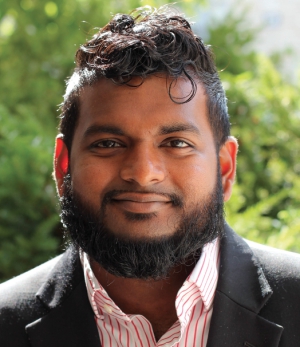
Shame and Power
As Ms. Dunn pointed out, how men keep a stiff upper lip crisscrosses American society. Underlying this behavior is shame, she says, which is the main, hidden driver that keeps men from seeking support.
“Men live under the pressure of one unrelenting message: Do not be perceived as weak,” wrote Brené Brown, PhD, MSW, in her book, Daring Greatly: How the Courage to Be Vulnerable Transforms the Way We Live, Love, Parent, and Lead. Dr. Brown, of the University of Houston in Texas, is a well-known researcher who has brought greater public awareness to the relationship between shame and vulnerability, the focus of her research.
Several of the men Dr. Brown interviewed for her book revealed how their experience of shame overlaps with their cancer experience, such as showing fear: “could I die from my disease?”; feeling defective: “I’m bald and skinny now”; and trying to appear strong rather than soft: “I can’t keep working my full-time job anymore because of treatment.”
Saed D. Hill, PhD, Assistant Director of Prevention and Masculine Engagement, Center for Awareness, Response, and Education (CARE) at Northwestern University in Evanston, Illinois, also believes that anxiety, and men’s response to it, drive these behaviors.
Vulnerability
“Any showing of vulnerability displays a lack of power, and the values our society projects almost demand that men be powerful all the time,” Dr. Hill said in an interview.
A cancer diagnosis makes men feel weak, hence not powerful, leading them to hide their emotions deep inside themselves. As Dr. Brown observed, the pattern tends to be straightforward: the greater the amount of shame, the greater the likelihood that men will shut down, keeping their worries and fears locked inside.
Sexual health challenges are some of the most sensitive aspects of cancer-related side effects for men to discuss, but they are in many ways a microcosm of the shame men experience when dealing with cancer. Prostate cancer, especially, can affect a man’s sexuality, but many affected men avoid that topic.
“Men are socialized to be stoic, to not admit to their feelings,” Anne Katz, PhD, RN, FAAN, a leading sexual health expert at CancerCare Manitoba in Canada, explained in an interview.
“There’s this expectation that they will perform sexually just like the Energizer Bunny. When challenges arise with that conception, and men aren’t allowed to tap into what’s inside of them, [our society] continues to perpetuate toxic masculinity,” Dr. Katz said.
Rigid Masculinity
Even when men desire to open up and share their true struggles with cancer, this social pressure is often reinforced and perpetuated through interactions with friends, family members, and co-workers.
In her research, Dr. Brown heard “over and over from men how the women—the mothers, sisters, girlfriends, wives—in their lives are constantly criticizing them for not being open and vulnerable and intimate.” But when they plead with them to open up, “most women can’t stomach it….They recoil with fear and that fear manifests as everything from disappointment to disgust,” Dr. Brown observed.
“In the last 10 years, I’ve seen more of a willingness to have a conversation about emotions and vulnerability,” Dr. Hill said. “But, at the core, we are still dealing with these same issues of rigid, masculine ideals rooted in being cisgender and white, which ultimately reflects who has been in a position of power in our society.”
Dr. Hill added, “Some masculine characteristics like bravery, assertiveness, and courage can be beneficial, for instance. But restrictive masculinity becomes a problem when we confine men to operating only inside certain boundaries of accepted behavior at all times.”
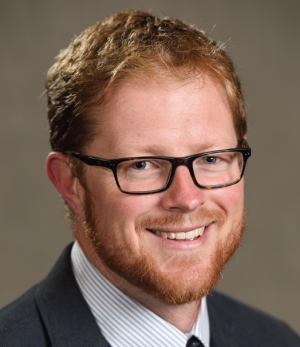
Emotional Responsibility
According to Dr. Brown, when men experience shame, they typically do 1 of 2 things: get pissed off, or shut down. Andy Dohanos, PhD, Associate Professor of Communication Studies at Baldwin Wallace University in Berea, Ohio, whose work includes understanding the ways men communicate about their cancer experience, noted another route—deflection.
“What we see in communication research is that men say it’s okay for other guys to get mental and emotional help if they need it,” Dr. Dohanos said in an interview.
“But if it comes back around to getting support for himself, that guy will say he doesn’t need it, or it’s not for him, or anything that gets the bullseye off his back.”
Dr. Dohanos has developed communication interventions for the male-focused nonprofit organization Cancer Dudes (www.cancerdudes.org). He is in the process of working with a team of researchers to develop a mobile phone application for men that will address, in part, communication around sexual health challenges for men after cancer.
Breaking Down Barriers
To get more men to take some accountability for their physical and emotional well-being, Dr. Hill advocates for modeling and granting permission. He said, “Men need to expand their definition of what it is to be masculine, and communicate that to other men in their lives, whether it’s individually or in larger groups. Communicating more authentically about anxieties will ultimately break down some of the barriers of rigid, restrictive masculinity.”
Once that happens, Dr. Hill contends, men need to grant themselves the permission to talk about what it is that’s really going on for them, which would alleviate some of the pressure off from non-disclosure. In addition, Dr. Hill says, “Others supporting men also need to allow space and grant permission for men to be vulnerable and open up.”
Given these entrenched patterns of behavior, it’s no surprise that men have typically not developed the language to talk about their emotional needs, about cancer and in general. This lack of knowing what to say, according to Dr. Dohanos, reinforces a lack of confidence in seeking health-related information.
“Even if men are struggling, they simply don’t know what to ask for,” Dr. Dohanos said. “On top of that, research suggests there are significant disparities in confidence seeking information based in racial, socio-economic, educational, sexual, and generational identity.”
Taking the First Step
Dr. Hill concurred. “We need to develop language around how men are feeling, either physically or mentally. This gap in language is exacerbated by the hierarchy of masculinity, which ultimately leads to less confidence to seek out help,” he said.
The challenge of getting men to seek support when diagnosed with cancer is not simple or straightforward. The “whys” and “hows” of men’s reluctance to open up run deep—beyond cancer—through the broad influences of racial, ethnic, political, and religious codes of conduct. It also cuts across family lines in the ways sons understand the “right way” to be a man.
But perhaps men in our society can take that first step from “Star Wars: Episode I–The Phantom Menace,” by remembering Yoda’s insight: “Fear is the path to the dark side. Fear leads to anger; anger leads to hate; hate leads to suffering.”
Do men really want to feel anger, to hate others and themselves, to suffer in silence? Instead of suffering in silence, men will benefit by taking the first step beyond the confines of rigid masculinity into places and spaces that are uncomfortable, but ultimately, more freeing.
Patient Resources
Cancer Dudes
www.cancerdudes.org
Man Up to Cancer
www.manuptocancer.com




